
China’s Envoy Crosses Line: Threatens Nepali Journalist, But Budathoki Stands Tall
Chinese Ambassador to Nepal, Chen Song, engaged in a heated exchange with a senior Nepali journalist, raising eyebrows over diplomatic conduct and press freedom.
The incident began when Gajendra Budhathoki, a respected senior editor, took to the social media platform X (formerly known as Twitter) to share his observations. Budhathoki claimed that the interest rate on a loan provided by a Chinese bank for the construction of Pokhara International Airport was significantly higher than what had been previously reported to the public.
Gajendra Budhathoki is a reliable and well-versed expert on Nepal’s economy. His bylined articles are trusted by readers. The facts and figures he presents have been confirmed and published in established newspapers across the country. He is an established senior journalist in Nepal.
पोखरा विमानस्थलका लागि लिएको ऋण २ प्रतिशत ब्याजदरको भन्दै आएका थिए । ५ प्रतिशत पो रहेछ ।
— Gajendra Budhathoki
(@gbudhathoki) May 27, 2024
Ambassador Chen Song responded aggressively on the same platform. He posted an angry retort: “Worst lies that I ever saw. It is public information, yet you dare lie about it.” This hostile response was followed by another post from Chen, in which he demanded an apology from Budhathoki and anyone he represents.
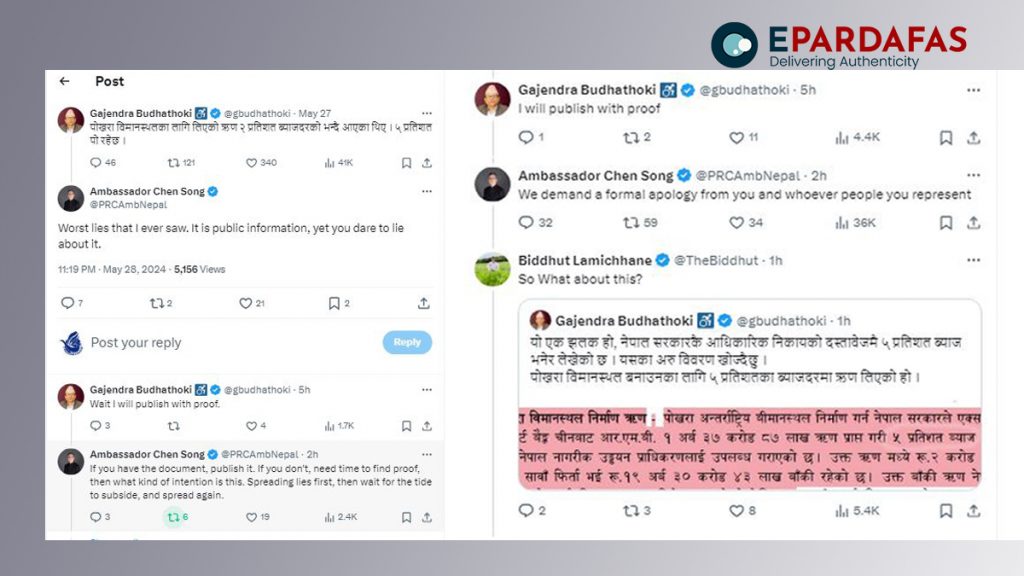
On 27 May, Budhathoki revealed that he possessed the signed document for the $215.96 million loan agreement for Pokhara International Airport. According to the document, the interest rate offered by the Export-Import Bank of China (Exim Bank) is 5 percent, contrary to public reports that claimed it was 2 percent.
The construction of Pokhara International Airport, which was first envisioned in 1975, was finally completed and inaugurated on 1 January 2023, marking the end of a nearly 50-year wait for Nepal’s second most populous city. This long-awaited project was made possible by a $215.96 million loan from the Exim Bank of China.
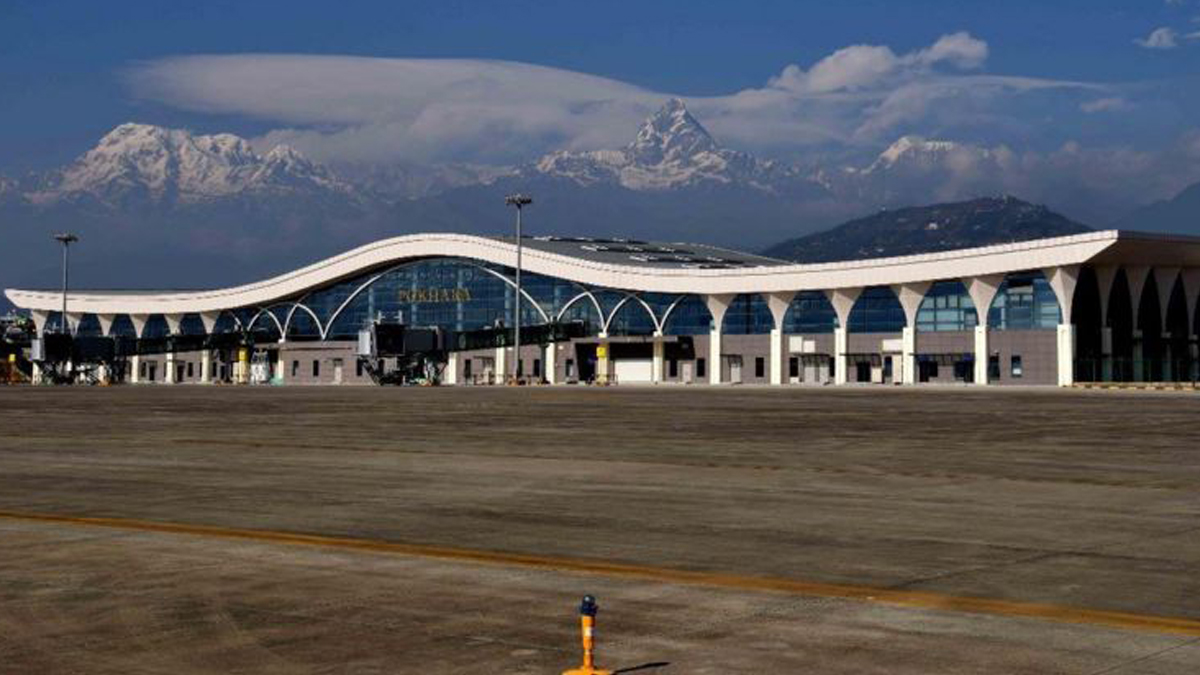
Despite its grand opening, the airport has become a symbol of another of Beijing’s controversial development projects, burdening Nepal with significant debt. More than a year after its inauguration, the airport has yet to secure any international flight routes.
Additionally, there is ongoing debate about whether the airport is part of China’s Belt and Road Initiative (BRI), the $1 trillion “project of the century” initiated by Chinese President Xi Jinping to establish two major transport routes connecting China to the rest of the world.
However, Ambassador Song may have forgotten that this is Nepal, not China. Here in Nepal, we uphold freedom of speech. Also, can’t an established journalist write about the topic mentioned in the government’s official document?
Ambassador Song has a history of pushing boundaries as a diplomat. In 2023, he criticized India’s relationship with Nepal at a public event, saying it wasn’t friendly and wasn’t beneficial to Nepal.
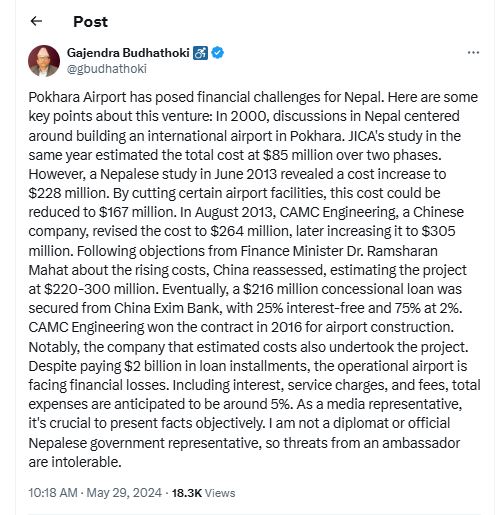
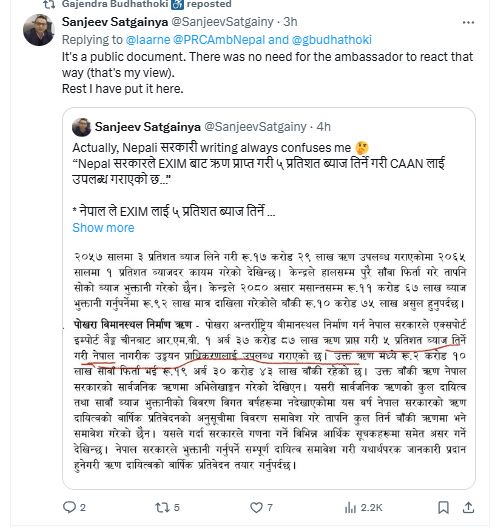
After this, Madhu Raman Acharya, a figure well-versed in diplomatic affairs, criticized the actions of a ambassador writing, “It is unusual for a foreign ambassador to demand apology from a host country journalist for a social media post. He could refute or ask the government to clarify. The foreign ministry should remind the ambassador the limits of “public diplomacy” and risks of direct engagement.”
Navita Srikant, an expert in geopolitics and security analysis with a keen focus on India-Nepal relations, highlighted that during the inauguration of the airport on January 1, 2023, the Chinese ambassador referred to it as “the premier project of the China-Nepal Belt and Road Initiative collaboration.”
Dr. Raamesh Koirala, a distinguished cardiologist, asserted, “China is a loan shark who influences politicians to get self studied project with inflated estimate and force to hide agreements. As a democratic country we have full right to know the details of such loan. If you’re fair, practice openness instead of crossing diplomatic norms!”
China is a loan shark who influences politicians to get self studied project with inflated estimate and force to hide agreements. As a democratic country we have full right to know the details of such loan. If you’re fair, practice openness instead of crossing diplomatic norms!
— रामेश (@RaameshKoirala) May 29, 2024
This recent Twitter argument and the use of harsh language suggest China might be worried about its projects in Nepal under the Belt and Road Initiative. It seems Chinese ambassadors often disregard diplomatic rules in Nepal.
- NEA Faces Financial Crisis as Bank Accounts Frozen Over Arbitration Dispute
- UN Working Group Condemns Bhutan for Arbitrary Detention and Human Rights Violations
- Foreign Minister Rana Holds Talks with Indian Counterpart S. Jaishankar
- Madhesh Province Declines Participation in SEE Over Unaddressed Concerns



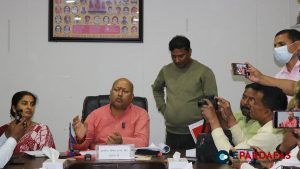


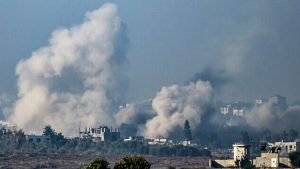





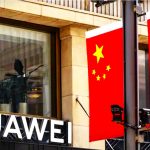
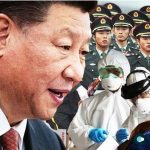
Comments